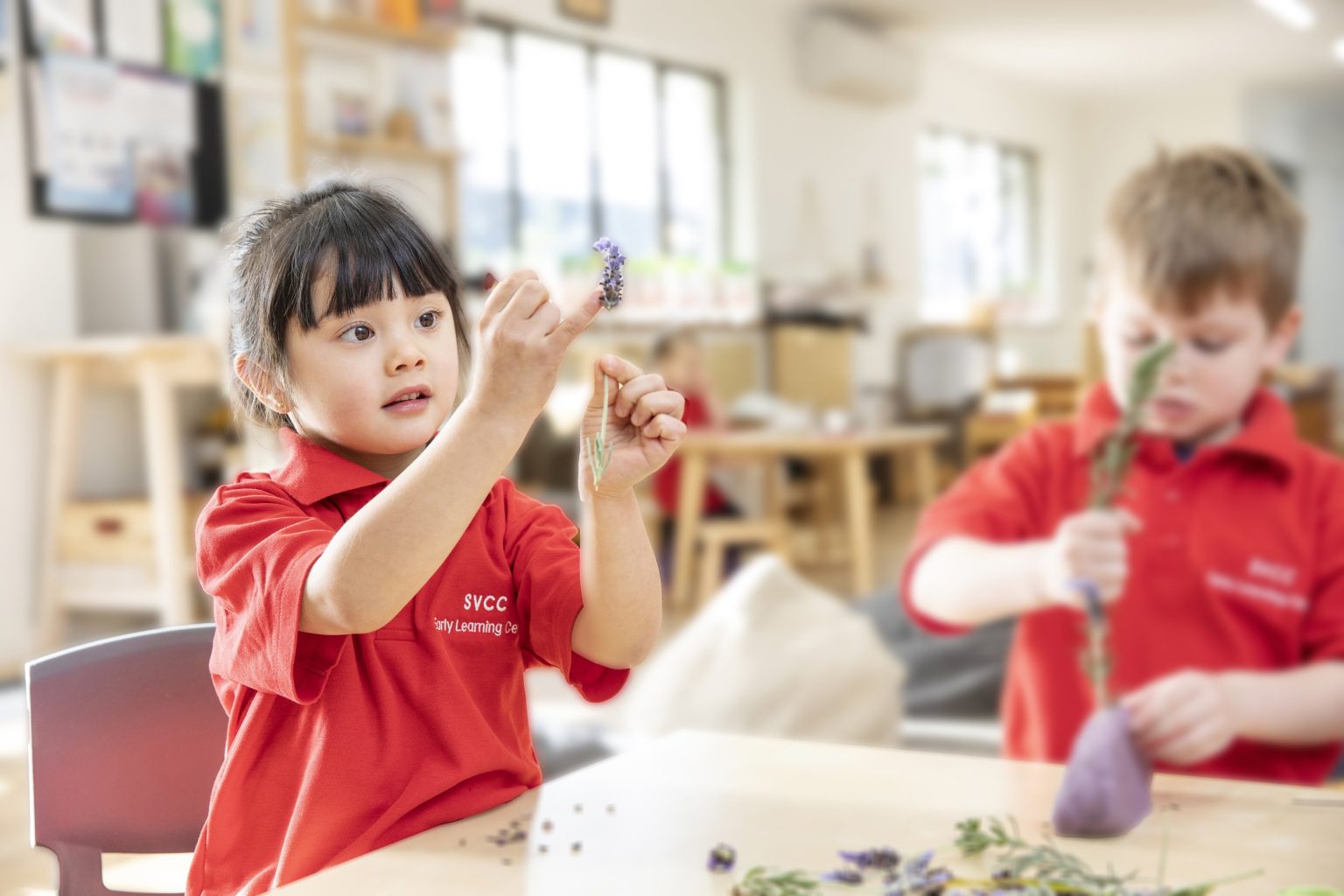
Early learning and childcare centres play a pivotal role in shaping a child’s development during their formative years. These centres are increasingly adopting innovative approaches to provide a holistic and engaging learning environment. Emphasising play-based learning, these centres create an atmosphere where children can explore, experiment, and discover at their own pace. This method not only fosters creativity but also enhances cognitive and social skills.
Incorporating technology into early learning is another trend gaining momentum. Interactive whiteboards, educational apps, and tablets are becoming common tools in these centres. They offer interactive and personalised learning experiences that cater to the unique needs and interests of each child. However, balancing screen time with traditional play is crucial to ensure overall development.
Engaging professionals in early childhood education can significantly enhance the quality of care and education provided. Trained educators bring valuable expertise and knowledge, creating a nurturing and stimulating environment. They can tailor activities and learning experiences to support each child’s growth and development, ensuring they reach their full potential.
Advancements in Kindergarten and Pre-School Education

Kindergarten and pre-school education set the foundation for a child’s future academic success. Modern approaches in these settings focus on a child-centred curriculum that emphasises experiential learning. This method encourages children to learn through hands-on activities and real-world experiences, making learning more relevant and meaningful.
A growing trend in pre-school education is the integration of nature-based learning. Outdoor classrooms and nature walks provide children with opportunities to connect with the natural world, fostering a sense of wonder and curiosity. This approach not only supports physical health but also promotes environmental stewardship from a young age.
Social-emotional learning (SEL) is another critical aspect of contemporary pre-school education. By teaching children to understand and manage their emotions, develop empathy, and build healthy relationships, SEL lays the groundwork for success both in and out of the classroom. Professional educators trained in SEL can implement strategies that help children develop these essential skills, preparing them for future challenges.
Embracing Flexible Permanent Care Bookings
Flexible permanent care bookings offer families the ability to customise childcare arrangements to fit their unique needs and schedules. This approach recognises the diverse and dynamic nature of modern family life, providing a more accommodating and supportive solution for parents and caregivers.
Centres that offer flexible bookings can cater to part-time, full-time, and casual care needs, ensuring that children receive consistent and high-quality education regardless of their attendance pattern. This flexibility also allows parents to balance work, family, and other commitments more effectively.
Implementing flexible care options requires careful planning and coordination. Engaging a professional in early childhood education can help centres develop and manage flexible booking systems. These professionals can ensure that all children receive the same level of attention and care, regardless of their attendance schedule, and that the centre operates smoothly and efficiently.
The Importance of Professional Development for Educators
Continual professional development for educators is essential to maintaining high standards in early childhood education. Regular training and workshops keep educators updated on the latest research, methodologies, and best practices in the field. This ongoing learning enables them to implement innovative approaches and adapt to the evolving needs of children and families.
Professional development also supports educators’ personal growth and job satisfaction. When educators feel confident and competent in their roles, they are better equipped to create positive and enriching learning environments. Centres that invest in their staff’s professional development demonstrate a commitment to excellence and a dedication to providing the best possible care and education for children.
Encouraging Parental Involvement
Parental involvement is a key factor in a child’s early education. Engaging parents in the learning process can enhance children’s development and academic success. Centres can foster strong partnerships with families by providing regular updates on children’s progress, offering parent workshops, and encouraging open communication.
Parents can support their child’s learning at home by creating a conducive environment for exploration and play. Reading together, engaging in educational activities, and discussing daily experiences can reinforce what children learn in the centre. Collaborating with educators can also help parents understand their child’s strengths and areas for growth, enabling them to provide targeted support.
Future Trends in Early Childhood Education
As the field of early childhood education continues to evolve, several trends are likely to shape its future. Personalised learning, which tailors educational experiences to meet individual needs, will become increasingly important. Advances in technology and data analytics will enable more precise and effective personalisation.
Sustainability and environmental education will also gain prominence. Teaching children about sustainability and eco-friendly practices from a young age can instil lifelong habits and values. Centres that integrate sustainable practices into their operations and curriculum can lead the way in this important area.
In the ever-changing landscape of early childhood education, staying informed about innovative approaches and trends is crucial for parents and educators alike. Engaging professionals in the field can ensure that children receive the highest quality care and education, setting them on a path to lifelong success. By embracing new ideas and best practices, we can create enriching and nurturing environments where every child can thrive.
